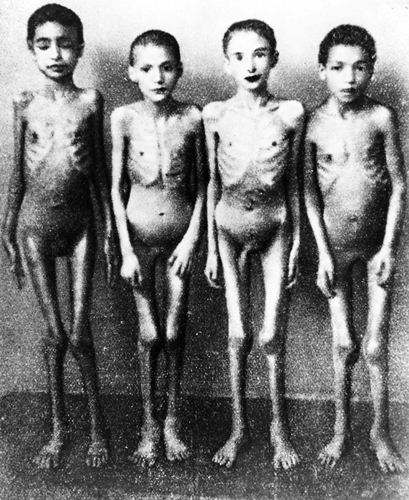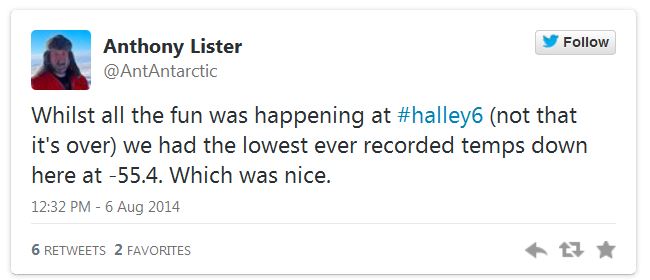
Always of interest what catches the BBC eye and what doesn’t.
Here they report that the Great barrier Reef is in trouble….mainly from climate change:
Australia Great Barrier Reef outlook ‘poor and deteriorating’
The outlook for Australia’s Great Barrier Reef is poor despite conservation efforts, with further deterioration expected in coming years, a report says.
The bleak forecast came in a five-yearly report released by the Great Barrier Reef Marine Park Authority.
Climate change remained the biggest threat to the site, the report said.
But poor water quality from land-based run-off, coastal development and fishing also posed challenges, it said.
Contrast the attention paid to climate change in that report with the reluctance to mention it in the BBC report on this story:
From the Times July 3rd:
‘Dont’ blame climate change for loss of coral’
A misplaced focus on the impact of climate change has delayed vital work to save vanishing coral reefs in the Caribbean, a leading scientist said.
The main reasons why the area covered by live coral has more than halved since the 1970s are overfishing and coastal pollution, according to Carl Gustaf Lundin, director of the global marine programme at the International Union for Conservation of Nature (IUCN).
The BBC in its report on ‘The most detailed, careful study of its kind that’s ever been done.’ took a different tack and decided not to mention the inconvenient claim that climate change had little to do with the reef destruction…..
Caribbean coral reefs ‘could vanish in 20 years’
This BBC report managed to completely ignore the explicit statements in a study from the International Union for Conservation of Nature which had 90 experts run an analysis of 35,000 surveys of Caribbean reefs from the last 40 years and found that you can’t blame climate change for loss of coral…..it had been a ‘convenient truth’ to blame climate change as it allowed local governments in the Caribbean to avoid taking difficult measures to deal with overfishing, pollution, the impact of tourism and sewage, and soil erosion.
Climate change has not been the main determining factor when assessing what causes damage to the Caribbean reefs….the main factors were pollution, overfishing and overpopulation…..ocean warming played a very minor, if any, role in reef loss, but its future effects shouldn’t ignored.
From despair to repair: Dramatic decline of Caribbean corals can be reversed
If these factors were addressed it was found that the reefs recovered…therefore proving climate change was not the cause of reefs disappearing….climate change is still occuring and yet the reefs recover from almost total lifelessness.
The BBC report whilst managing to avoid mentioning the analysis that stated quite clearly that climate change was not the main factor does manage to fit in this comment of their own:
Conservationists say that warming ocean temperatures are also driving some of the losses.
As temperatures rise, corals lose the tiny algae that live in their tissues, causing them to turn white – a process known as coral bleaching.
A more honest report comes from Forbes which reports both that previous damage had little to nothing to do with climate but also that climate change may pose a threat in future:
Solved! The Mystery Of The Disappearing Coral Reefs
The report says the consequences of global warming “pale in comparison to the introduction of the unidentified pathogen that caused the die-off of Diadema antillarum”.
“The threats of climate change and ocean acidification loom increasingly ominously for the future, but local stressors including an explosion in tourism, overfishing, and the resulting increase in macroalgae [seaweed] have been the major drivers of the catastrophic decline of Caribbean corals,” says the report, edited by Jeremy Jackson, Mary Donovan, Katie Cramer and Vivian Lam.
Just curious that the BBC weeded out the negative statements about climate change that other news outlets picked up on…is this just another example of the BBC ‘managing perceptions’ in its attempt to persuade us of the dangers of climate change?













